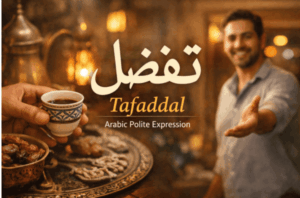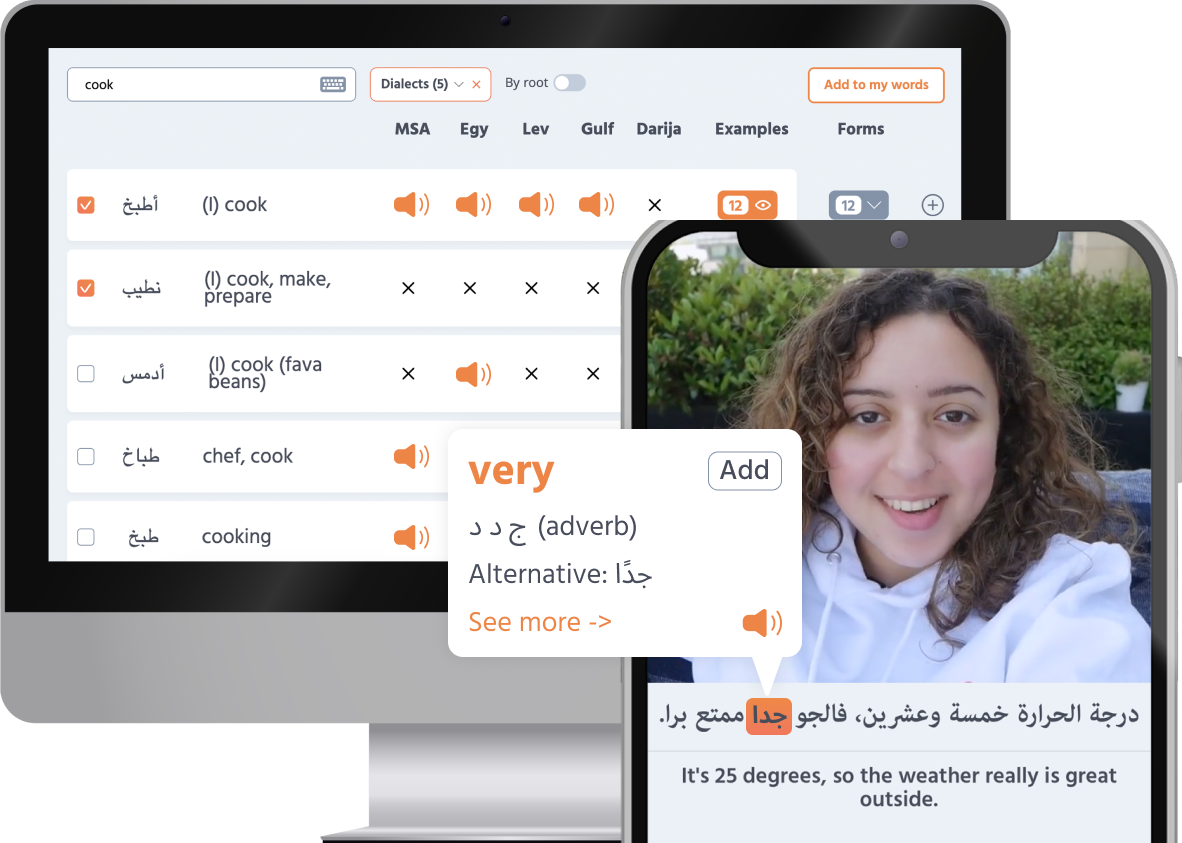If you’ve started learning Arabic, you may have faced a common surprise: after months of studying Modern Standard Arabic (MSA) , you realize that Arabs don’t actually use it in daily life — and some native speakers aren’t even comfortable speaking it!
This is where colloquial Arabic
What does Colloquial Arabic mean? Colloquial Arabic refers to the spoken varieties of Arabic used in everyday conversation — at home, in markets, restaurants, TV dramas, and films. Unlike the standardized grammar and vocabulary of MSA, colloquial Arabic is fluid, shaped by local culture , history, and interaction with other languages.
While linguists often group Arabic dialects into four main families — Levantine Egyptian Gulf Maghrebi (Darija) — each contains multiple sub-dialects. There are also other varieties like Iraqi and Sudanese Arabic , which have unique features and histories.
The role of Colloquial Arabic in daily communication Everyday usage Colloquial Arabic is the language of real life. You’ll hear it:
In songs, movies, and most TV shows
Across social media posts and videos
In casual conversation at work, school, and home
In shops, taxis, and public spaces
Even in professional settings, colleagues often speak colloquially to one another, reserving MSA for formal reports, emails, and public announcements.
Get free Arabic videos with interactive captions for your level
Get free videos
Why it matters If your main goal is practical communication — understanding people and being understood — learning colloquial Arabic is non-negotiable. It’s the gateway to connecting with native speakers and immersing yourself in their culture.
At the same time, understanding Arab customs and traditions — and the cultural nuances of each region — is just as important as learning the dialect itself. Don’t miss our other Playaling articles on Arab culture and traditions to complement your language journey.
In this video , Arabic learners share their honest experiences with the language — from the surprise of discovering that Standard Arabic (الفصحى) isn’t used in daily conversations to the struggle of navigating diverse dialects like Iraqi, Syrian, and Egyptian.Anecdote: Playaling’s inspiration Playaling was founded by Jordan Gerstler-Holton , a former Center for Arabic Study Abroad (CASA) fellow and long-time Arabic learner. One of his inspirations came from Dr. Nadia Harb at the American University in Cairo, who often told her students:
“Don’t be more royalist than the king!”
Although Dr. Harb loves MSA, she encourages students to drop features rarely used by native speakers and instead use Educated Spoken Arabic (ESA)
Her point: if native speakers don’t strictly follow every MSA rule in conversation, learners shouldn’t be forced to either — especially if their goal is to communicate effectively.
What makes Colloquial Arabic different from Modern Standard Arabic? Key differences:
Vocabulary – MSA uses standard words across the Arab world, while colloquial Arabic has unique local terms and loanwords from other languages.Pronunciation – MSA pronunciation is fixed; in colloquial Arabic it varies. For example, ق is /q/ in MSA, but a glottal stop (ʔ) in Egypt and /g/ in the Gulf.Grammar – MSA keeps complex grammar and case endings; colloquial Arabic simplifies or drops them.Usage – MSA is used in news, formal writing, religious texts, and education; colloquial Arabic dominates daily conversation, entertainment, and informal settings.
Colloquial Arabic dialects and where they’re spoken
Levantine Arabic – Lebanon, Syria, Jordan, Palestine, and widely understood across the Arab world.Egyptian Arabic – Egypt, widely understood across the Arab world.Gulf Arabic – Saudi Arabia, UAE, Qatar, Kuwait, Bahrain, Oman.Maghrebi Arabic (Darija) – Morocco, Algeria, Tunisia, Libya.Iraqi Arabic – Iraq and surrounding areas.
What colloquial language should you learn? Factors to consider
Purpose – Broad comprehension? Egyptian or Levantine may be best.Location – Moving to the Gulf? Learn Gulf Arabic. Relocating to Morocco? Learn Darija.Interest – Choose the dialect you’re most excited to study — motivation matters.
Recommendations For a detailed guide to choosing the right variety of colloquial Arabic, see our article Choosing an Arabic Dialect: Which Should You Learn?
The best tool for learning Colloquial Arabic At Playaling, we specialize in authentic, real-world Arabic — both colloquial and MSA — supported by innovative learning tools.
Real-world videos Multiple varieties – Levantine, Egyptian, Gulf, Maghrebi, MSA, and ESA.Interactive captions – Instantly see definitions, hear pronunciations, and view example sentences.Quizzes and games – Build vocabulary, grammar, and listening skills in a fun way.Unique Audio Dictionary – The world’s only cross-dialect resource with native-voice pronunciations, grammar tips, and real-world examples.Mobile learning – Use our powerful features on the go, with app-exclusive WordPractice™ powered by spaced repetition.
With Playaling , you don’t just watch videos — you experience Arabic the way it’s truly spoken . Whether you’re starting from scratch or aiming to refine your skills, Playaling is your indispensible tool for mastering both colloquial Arabic and MSA.
To complement your Playaling journey, you can also benefit from reading Arabic books and practicing with native speakers through conversation, greetings , or language exchange. These additional methods help reinforce what you’ve learned on the platform and accelerate your progress.









